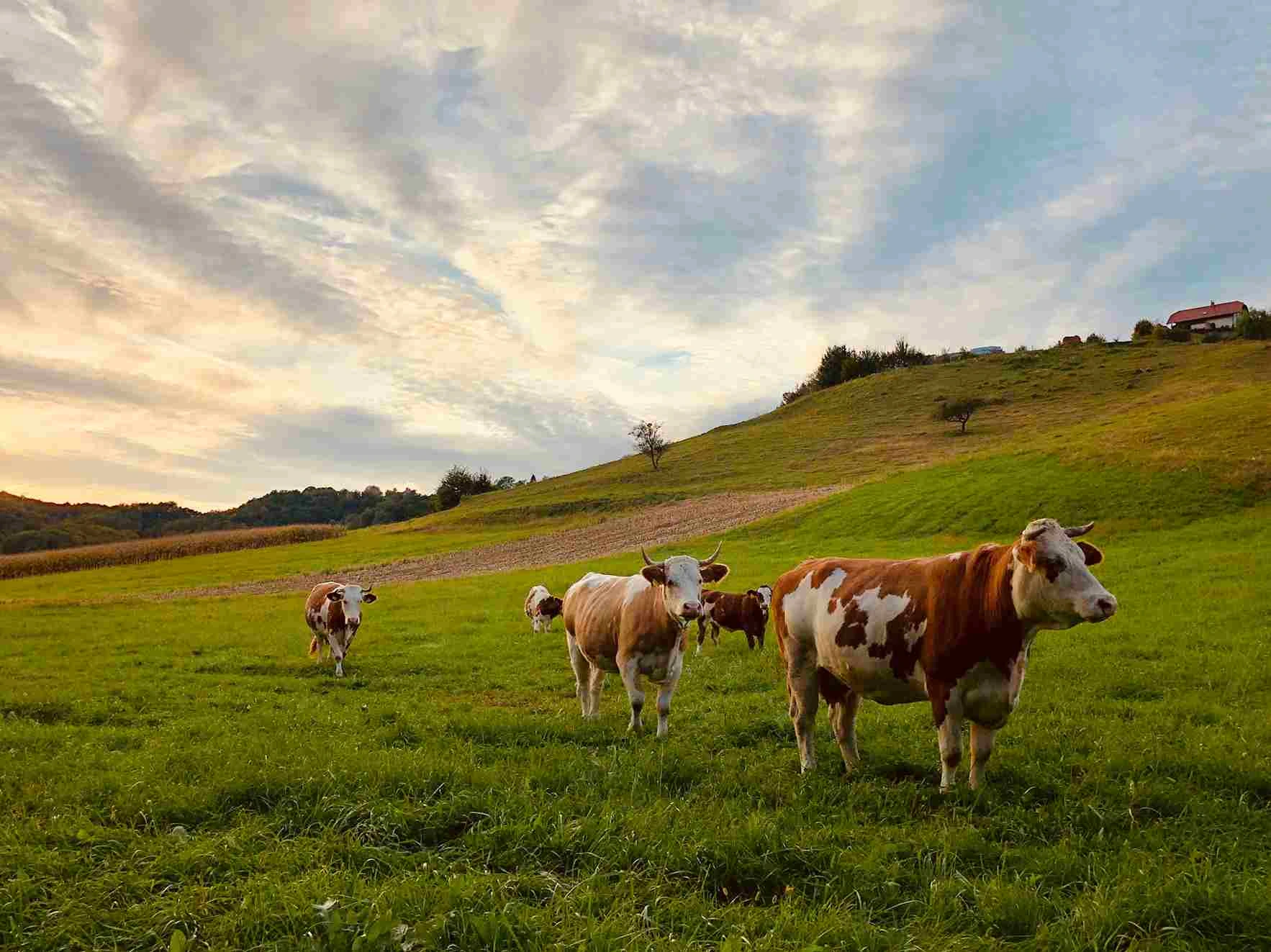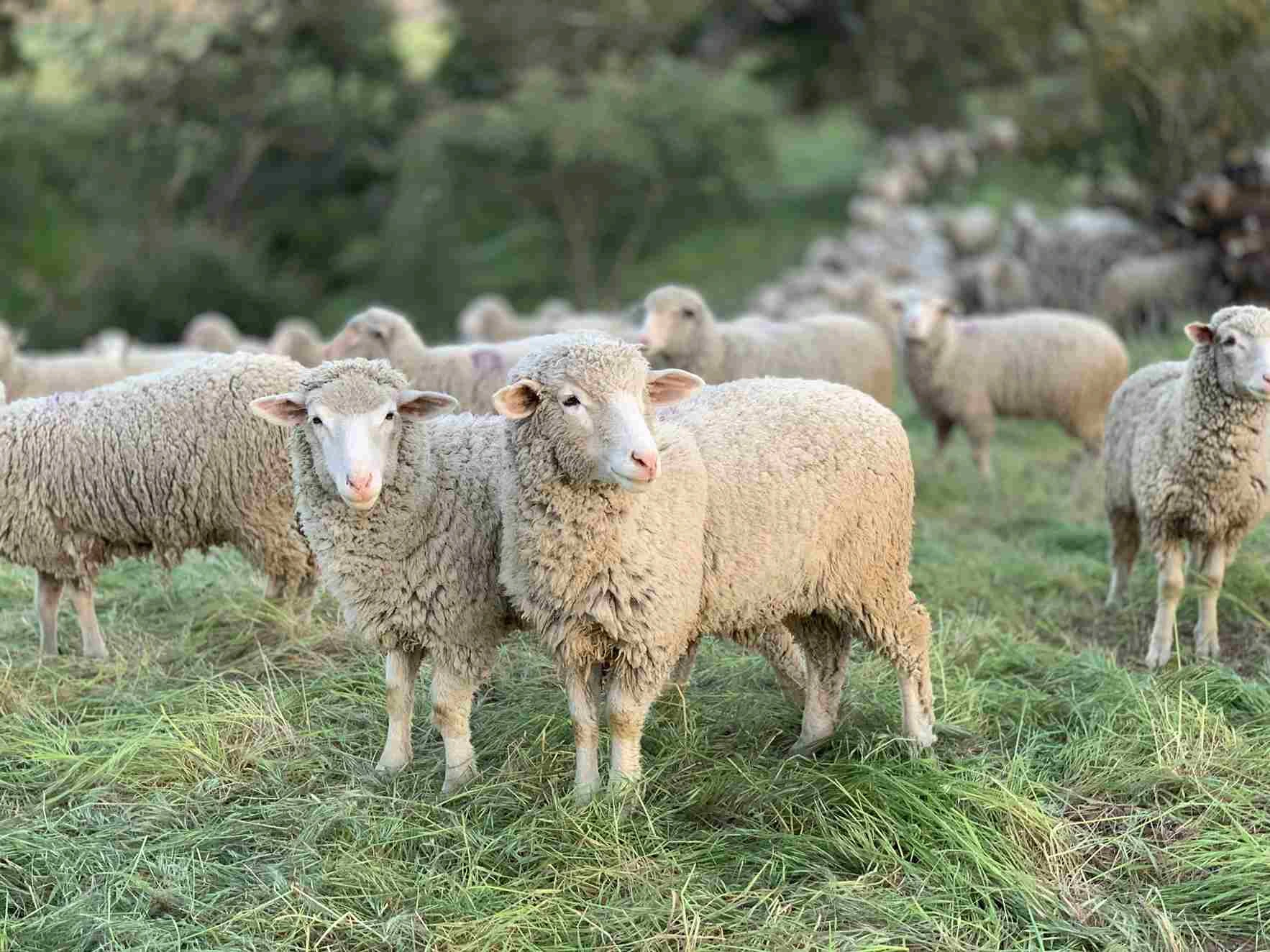Livestock transport plays an essential role in the agricultural sector of the UK, as well as in global trade. Whether you're moving animals for breeding, farming, or commercial purposes, their safe and humane transportation is critical.
This guide will explore the ins and outs of livestock shipping to and from the UK, focusing on the most important considerations.
Introduction to Livestock Transport to and from the UK
Transporting livestock, particularly to and from the UK, involves specific regulations, considerations, and logistics. Understanding the nuances of livestock relocation to and from the UK, as well as international shipping routes, ensures that livestock is moved safely, on time, and in compliance with all relevant laws.
Animal production plays a significant role in this process, as animals are raised on farms and then transported to slaughterhouses for processing. Additionally, livestock is often exported for breeding purposes or participation in competitions, contributing to global agricultural development. Some countries specialize in breeding and exporting certain types of livestock, making international transport an essential part of global trade in the industry.
You might be interested in: UK Live Animal Export Ban 2024
Importance of Livestock Shipping for the UK Market
Livestock shipping to and from the UK plays a crucial role in meeting the demand for meat, dairy, and other animal-based products. In addition to local farming needs, the UK also engages in international livestock trade, with shipments coming from Europe, the Americas, and beyond.
-
The Role of Livestock Shipping in UK Agriculture
Livestock is vital for the UK’s agricultural industry. The transportation of cattle, sheep, poultry, and other animals supports farming, breeding programs, and the food industry, ensuring a constant supply for domestic and export markets.
-
Benefits of Livestock Relocation for Breeding and Trade
Livestock hauling can also be important for breeding purposes, with specialized transport needed to bring genetically desirable animals into the UK. Additionally, international trade allows the UK to maintain a diverse and thriving agriculture industry through the import and export of animals.
Key Considerations in Livestock Transportation
When shipping livestock to the UK, there are several important factors to consider, from legal requirements to animal welfare standards. Proper handling of animals during transit is crucial to maintaining their health and well-being.
-
Legal and Regulatory Requirements for Importing Livestock to the UK
UK authorities require specific documentation for livestock being imported, including health certificates, vaccination records, and compliance with EU or UK-specific animal welfare standards. Understanding these regulations is essential for avoiding delays and for a smooth import process.
Guidance from Gov.UK for Transporting Animals in Great Britain
-
Animal Welfare Standards for Livestock Relocation to and from the UK
The UK has strict animal welfare laws that apply to the transport of livestock. These laws include regulations on vehicle conditions, journey duration, rest stops, and more. Livestock transporters must be fully compliant with these standards for the health and safety of the animals.
Types of Livestock Transport Services
Various methods are available for transporting livestock to and from the UK. The choice of transport depends on the destination, distance, and type of livestock being moved.
-
Road Transport for Moving Livestock to and from the UK
Road transport is the most common method for short-distance domestic livestock transportation. Livestock are transported in specially designed trucks equipped with necessary facilities to keep animals safe and comfortable.
-
Sea Transport to Move Livestock to and from the UK
Sea transport is often used for international livestock shipping, particularly for longer distances. Livestock ships are specifically designed with proper ventilation and space to accommodate animals during long sea voyages.
-
Air Transport for International Livestock Shipments
For long-distance or urgent livestock moving, air transport may be the most efficient. This method is generally used for high-value or time-sensitive shipments, such as breeding animals.

Factors Affecting the Cost of Livestock Shipping to and from the UK
Shipping livestock involves various costs, which can vary depending on several factors, including the type of livestock, distance, and shipping method.
Get a livestock shipping quote!
-
Distance, Route, and Destination Impact on Shipping Costs
The further the destination, the higher the shipping cost. International routes, particularly those involving air or sea transport, tend to be more expensive than domestic shipments.
-
Type of Livestock and Associated Costs
Different types of livestock (e.g., cattle vs. poultry) require different transport arrangements, which can influence costs. Larger animals, such as cows, may need more space, while smaller animals may be transported more efficiently.
-
Additional Expenses in Livestock Transportation
Additional costs can include veterinary checks, permits, insurance, and handling fees.
How to Prepare Livestock for Export or Import to the UK
Preparation is key to a safe livestock transport. This includes ensuring that animals are healthy, properly hydrated, and ready for transit.
-
Health Checks, Vaccinations, and Certifications for Livestock
Livestock being imported into the UK must meet certain health standards, including vaccinations and health certifications. These documents are required to prevent the spread of disease.
Contact the Animal and Plant Health Agency (APHA) for transporter authorization to ensure compliance with UK regulations
-
Proper Feeding and Hydration During Transit
Proper care during transit, including regular feeding and hydration, is essential for the welfare of the animals. Transport companies should provide these services during long trips.
Choosing the Right Livestock Movers in the UK
Selecting a reputable livestock transport company is essential to ensure a safe and timely delivery of animals.
-
Expertise and Experience in Livestock Hauling
When selecting a livestock mover, it's important to assess their experience with your specific type of livestock, as well as their reputation for reliability and safety.
-
Questions to Ask Livestock Transporters
- What safety measures do you take during transport?
- Can you provide references from previous clients?
- Do you comply with all UK animal welfare regulations?
Common Challenges in Livestock Transport Industry
While livestock moving is critical, it comes with challenges that can affect animal health and transport efficiency.
-
Health and Stress Management During Transport
Animals can experience stress during transit, which can affect their health. Transport companies must take measures to minimize stress and provide proper care.
-
Delays, Weather, and Logistical Issues in Livestock Shipping
Delays, inclement weather, and other logistical challenges are common in livestock transport services. Having contingency plans and regular communication with transport providers can help mitigate these issues.
The Importance of Livestock Cargo in the UK Agricultural Industry
Livestock transportation is vital to the UK’s agriculture industry, playing a key role in supporting farming, breeding programs, and international trade.
-
Livestock Transportation for UK Agriculture and Breeding Programs
Livestock shipping supports the UK’s agricultural sector by facilitating breeding programs, providing animals for farms, and promoting industry growth.
-
International Livestock Trade and Its Economic Impact
Livestock transport also contributes to the UK’s international trade, facilitating the import and export of animals and supporting the global food supply chain.
Sustainable Practices in Livestock Transport to and from the UK
With growing concerns about the environmental impact of transport, sustainable practices are becoming increasingly important in livestock shipping.
-
Reducing the Environmental Impact of Livestock Shipping
Transport companies are adopting greener practices, such as using fuel-efficient vehicles and optimizing routes to reduce carbon emissions.
-
Innovative Technologies in Livestock Transportation
Advances in technology, such as GPS tracking and real-time monitoring, are helping improve efficiency and animal welfare during transport.
Conclusion: Livestock Transportation to and from the UK
Livestock transport to and from the UK is essential for supporting agriculture, breeding programs, and international trade. By choosing the right transport provider, adhering to regulations, and preparing animals properly, livestock can be moved safely and efficiently to meet the UK’s agricultural needs.
Livestock Relocation with James Cargo Service
James Cargo Services puts animals first. JCS Livestock, with over 20 years of experience, makes sure that every animal, whether it’s a livestock, tiger for conservation or your child’s pet mouse, is transported safely and with care.
We understand how important your animals are. Whether you're a breeder, importer, or pet owner, we’re here to make sure your livestock relocation goes smoothly, with expert advice and support every step of the way.
Livestock Shipping FAQs
- What is the best way to transport livestock to the UK?
The best method depends on the type of livestock and distance. Road transport is ideal for short distances, while sea and air transport are more suited for long-distance livestock shipping. - Do I need permits to import livestock into the UK?
Yes, specific permits and health certificates are required for importing livestock to the UK. - How can I ensure my livestock arrives safely in the UK?
Choose a reputable livestock mover like JCS Livestock (division of James Cargo Services) that follows all animal welfare regulations and ensures proper care during transit. - What should I consider when choosing a livestock transporter?
Experience, safety protocols, customer reviews, and compliance with animal welfare regulations are key factors to consider. - Is livestock transportation expensive?
Costs vary based on distance, type of livestock, and transport method, but it is generally a significant investment due to the special care required.
